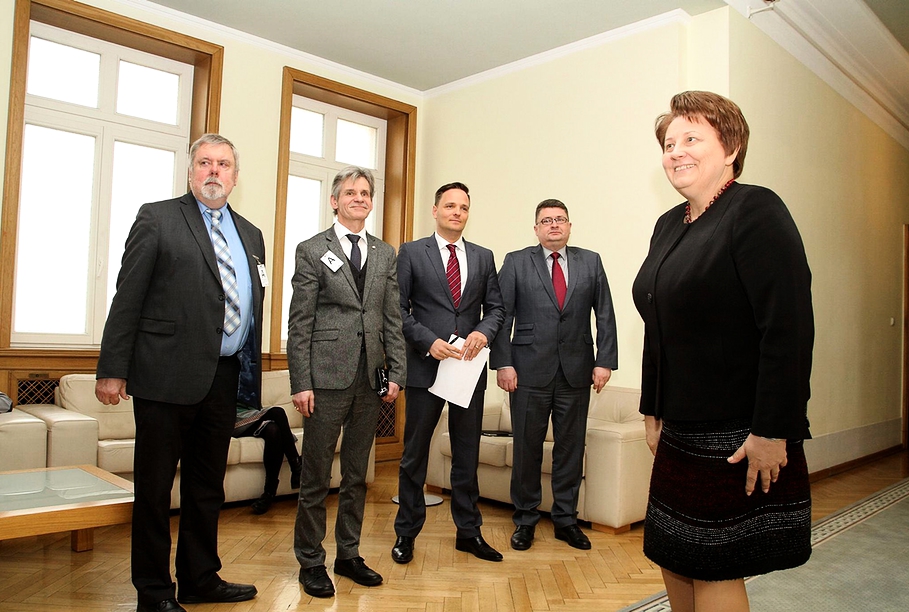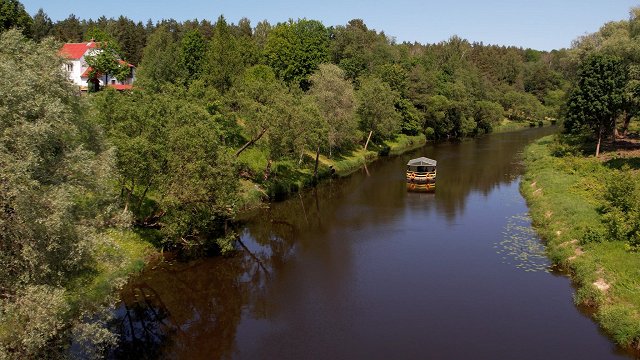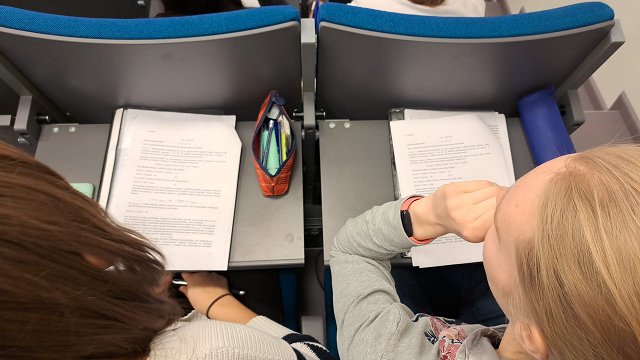Yesterday’s decision means that LU will henceforth administer the financing of the commission, however the law requires an amendment to make this possible, thus likely delaying the move until the end of April or May.
Last year contradictory functions were built-in to the commission’s mandate – both research and oversight, Justice Minister Dzintars Rasnačs (National Alliance), under whose ministerial supervision the commission currently works, told journalists Monday.
“Now the University can decide how it will separate the oversight from the research functions. In my view, all gates to research are wide open and I hope that there will be no reproaches over the university trying to influence things politically, because even our only influence on the commission was a strict requirement to observe the budget management constraints,” said the minister, who was accused by commission members of meddling in its work in recent weeks.
On her part, Prime Minister Laimdota Straujuma denied that this was a way of “killing time” and postponing the commission’s real work. “There’s no other way, we simply must amend the law first so the commission can continue under the auspices of the University,” she said.
The LVI’s head historian Guntis Zemītis welcomed the turn. “This is what the scientific community wanted, an independent institute to erase all suspicions of undue political influence,” he said.
“Our society is very sensitive to this issue,” Zemītis explained. “It may be a stereotype that there are a bunch of index cards and we’ll just make a list of who’s on them or not. Those are oversight issues. There was a lot of organized crime, not all of the cards are political cases,” the historian warned.
“This is why historians need to do this work,” he went on. “To understand all of the coherences, how the system worked, how it stretched into the fabric of society, how much certain individuals are actually to blame, how many are purely just formally responsible, but not practically so. How many actually followed others around and provided information on them and so on. This is long, hard work,” the LVI head said.
Kārlis Kangeris, who threatened publically to resign over the Justice Minister’s micromanagement of the commission’s work, may remain at the head of the commission after all after this move goes through. He said it wouldn’t be known until next week how the changes will actually play out.
On his part, Greens and Farmers Union party leader Augusts Brigmanis criticized the commission for being unable to begin its work due to bickering and doubts over its members’ professional abilities. However, he insisted no undue political pressure had ever been applied upon it, suggesting that the researchers should be immune to such influence if they are strongly convinced of their respective positions.




























